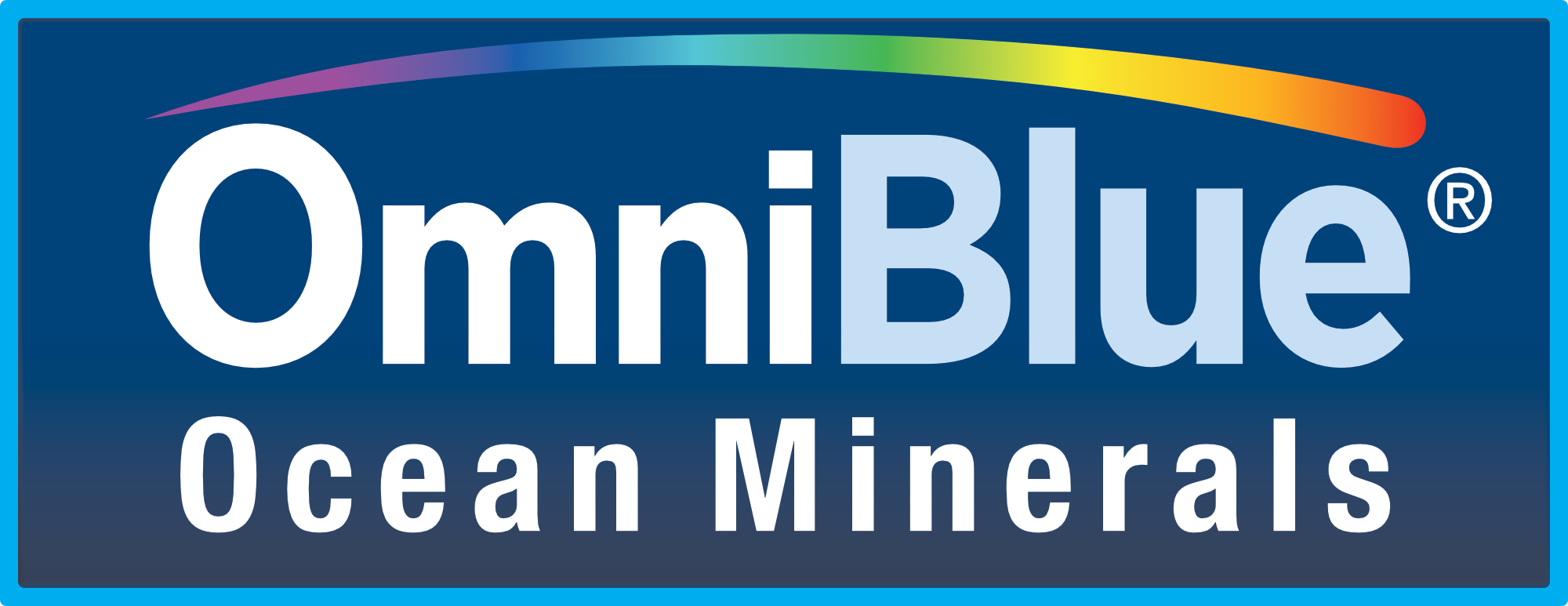Morning!
Unless you’ve been living entirely off the grid, you’ve likely come across the age related benefits of collagen. But despite the hype, collagen is neither rare nor exotic, it is the most abundant protein in the human body. In fact, collagen makes up more than 30% of the total protein content in the body.
In this edition, we’ll dig into what collagen really is, how it works, and how you can support its production to keep your body strong and resilient.

CORE
What is collagen?
Collagen holds you together. It’s the structural core of your connective tissues, bones, tendons, skin, blood vessels, organs. Without it, you’d flop like a failed soufflé. Science counts over 28 types, each with a purpose! The five most abundant and important ones include:
-
Type I Collagen: Found in bones, skin, tendons, and ligaments; provides tensile strength.
-
Type II Collagen: Located in cartilage; essential for joint function.
-
Type III Collagen: Found in blood vessels, internal organs and skin, conferring elasticity and flexibility.
-
Type IV Collagen: Plays a specialized role in filtration systems for organs like the kidneys.
-
Type V Collagen: Involved in the structure of cells, tissues and hair, keeping them strong and intact.
Collagen Decline Over Time
Let’s get one thing straight, your body doesn’t just stop producing collagen one day because it’s bored. But it does start slacking off. By age 25, collagen production begins to decline by about 1 to 1.5% per year. That adds up fast. This gradual decline is one of the primary biological drivers of reduced skin elasticity, wrinkle formation, and loss of structural integrity in connective tissues. Fun fact, wrinkles are actually there to compensate for the lack of flexibility in your skin. Not great for aesthetics, but proves how resilient our bodies are.
Several lifestyle and environmental factors are known to accelerate this decline:
-
UV Radiation: Exposure to ultraviolet light damages collagen fibers, reducing both their quality and quantity.
-
Smoking: First off, don’t smoke. Second off, smoking inhibits collagen production and promotes breakdown. Also, did we say don’t smoke already? To see why smoking is so massively bad for your health, give our edition on tobacco smoking a read.
-
Diet: Excessive sugar intake leads to a high degree of glycation, a process that stiffens collagen fibers and reduces their elasticity.
-
Chronic Stress: Elevated cortisol levels, common in long-term stress, inhibit collagen synthesis, compromising the body’s ability to maintain its connective tissues. As with most health related topics, stress plays a major role.
Supporting Collagen Production
Contrary to popular belief, collagen isn’t a finite resource in your body. Your body can continue to produce collagen throughout your life, if it has the right raw materials and favorable conditions. That said, as you age, the machinery becomes less efficient. Supporting that machinery is key.
Here’s how:
One of the most essential nutrients for collagen production is vitamin C. It activates specific enzymes that convert procollagen (the immature, unstructured form) into mature, stable collagen. Collagen aside, Vitamin C is also a powerful antioxidant, helping to neutralize free radicals that can damage skin and connective tissue. Do note that the body cannot synthesize vitamin C on its own, and it is not available in animal foods. It must be obtained from fruits and vegetables like strawberries, kiwis, tomatoes, and broccoli.
Equally important are certain amino acids, known for being the literal building blocks of proteins. For collagen, we’re particularly looking at glycine, proline, and hydroxyproline, which serve as the raw materials of collagen. An excellent way to get these into your diet is with animal proteins such as fish, poultry, steak, eggs, and dairy products. Why? Well as we’ve covered in previous editions, specifically the Real vs Fake Meat Debate, animal protein provides a complete source of highly absorbable protein, with all nine essential amino acids in the proper proportions for your body to use efficiently. And while yes, the body can synthesize some of these amino acids on its own, dietary intake becomes increasingly important as collagen production declines with age.
Another key nutrient is magnesium, a mineral involved in several collagen-supporting processes. It helps reduce inflammation, a major contributor to tissue degradation. It also inhibits enzymes known as matrix metalloproteinases, which are responsible for breaking down collagen fibers in the skin. Moreover, magnesium is necessary for energy production and protein synthesis… of any kind, both of which are required for collagen maintenance.
If you caught last week’s deep dive on What’s in 1 Serving of OmniBlue Original, you’ll recall that meeting your daily magnesium needs through food alone isn’t exactly effortless. For example, you’d need to eat nearly seven pounds of avocados, a magnesium-rich food, to hit the recommended intake. Unless you're planning to open a guacamole bar, that’s probably not realistic. For a more concentrated and efficient source (needless to say, natural), OmniBlue Original offers a practical alternative that will replenish not just your magnesium, but over 70 other minerals on top of that.
ENDNOTE
Final Thoughts
That’s it for today! If you have any questions about the newsletter, anything you think we may have missed or if you have a specific question about collagen, feel free to reply to this email!
Until next week!

Share:
What's In 1 Serving of OmniBlue Original?
Understanding Stem Cells